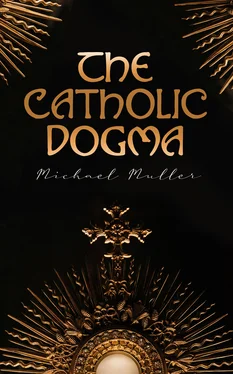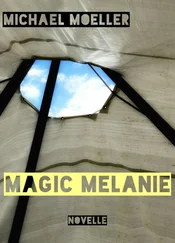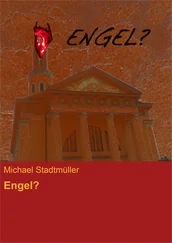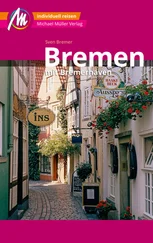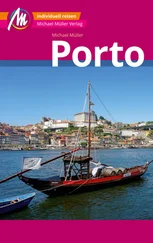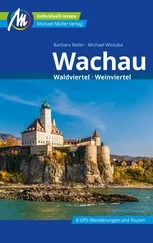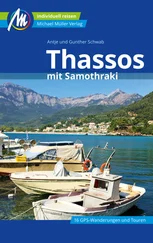Nor can a discussion of doctrinal points be of any great use to one who is not thoroughly convinced of the divine authority of the Church: This being once accepted, everything else follows logically, as a matter of course. Hence no one should be admitted to the one fold of Christ who does not firmly hold and declare that the Roman Catholic Church, ruled by the successors of St. Peter, is God's whole and sole appointed teacher of the Gospel on earth. However familiar persons may be with our doctrines, or however much they may believe our dogmas, without holding this, the fundamental truth of Catholic faith, they should not be allowed to join the Church. The moment it is well understood, and firmly believed, there need be but little delay about the abjuration.
The Church herself teaches us this lesson in her Profession of Faith for Converts and in her Ritual.
In the profession of faith which the Church requires converts to make before they are received into the Church, the very first article of faith reads as follows: "I, N. N., having before my eyes the holy Gospels which I touch with my hand, and knowing that no one can be saved without that faith which the holy, Catholic, Apostolic, Roman Church holds, believes, and teaches, against which I grieve that I have greatly erred," etc.
When a child is taken to church for baptism, the first question addressed to the child is: "What dost thou ask of the Church of God?" and the answer is: "Faith." What we must believe, etc., is learned from the Catholic Church alone. Hence it is that a Catholic, well instructed, when asked, "Why do you believe this this?" answers: "Because the Church, our Mother, believes and teaches this." And "from whom did your Mother learn this?" "From God."
The Church, therefore, is not one religious body among many; it is the only religious body, inherent in the divine order of creation and representing its as we said above.
What is here especially insisted upon is that, in treating of the Church, the reasons why salvation outside of her is impossible should be plainly stated, especially in our age, in which secret societies are doing all they can to undermine the divine teaching authority of the Church. The lesson, therefore, on the Church must be plain, and solid, and deeply impressed upon all who wish to be saved; all must learn and understand that only the Catholic Church is the Teacher from God, and the reasons why salvation out of her is impossible.
This doctrine is clearly expressed in the following words of the Athanasian Creed: "He, therefore, who wishes to be saved, must thus think of the Trinity," that is, he must believe the doctrine of the Holy Trinity as explained in this Creed. "Furthermore it is necessary to everlasting salvation that he also believe rightly the Incarnation of our Lord Jesus Christ. Hence St. Peter says: "Be it known to you, that there is no salvation in any other name than that of Jesus Christ; for there is no other name under heaven given to men whereby we must be saved." (Acts, iv. 10, 10). "Thus," says St. Alphonsus, " there is no hope of salvation except in the merits of Jesus Christ. Hence St. Thomas and all theologians conclude that, since the promulgation of the Gospel, it is necessary, not only as a matter of precept, but also as a means of salvation (necessitate medii, without which no adult can be saved), to believe explicitly that we can be saved only through our Redeemer." (Reflections on the Passion of Jesus Christ, Chapt. I., No. 19). The explicit belief in the mysteries of the Holy Trinity and of the Incarnation of the Son of God is therefore of the greatest importance. This belief teaches the origin of the world, its creation by God the Father; it teaches us the supernatural end of man, his fall, and the redemption of mankind by God the Son; it teaches the sanctification of souls by the gifts of the Holy Ghost.
The work which the Redeemer began in his Incarnation and completed in his Passion was not yet firmly established and secured; his Kingdom was not to come all at once, nor his dominion to be immediately established on the ruins of the empire of evil. The number of the elect must be gathered from all nations and generations of men. The merits of his Passion must be applied to the souls he has redeemed through all succeeding ages. This great mission is carried on through his Church, which, at Pentecost, came forth in the power of the Holy Spirit. Through her our Lord continues to act in the accomplishment of his designs.
"The Church, therefore," as Dr. O. A. Brownson, says, "is inherent in the divine order of creation and grace. God decreed her establishment and indestructibility when he decreed the order of creation and grace. Whatever is incompatible with her teaching, is incompatible with her divine order, aye, with the Divine Being Himself. As without God there is nothing, so without the Church, or outside of her, there is no religion, no spiritual life. All the pretended religions outside of her are shams, at best have no basis, stand on nothing and are nothing, and can give no life or support to the soul, but leave it out of the divine order to drop it into hell.
"Catholics need to know this, and to be armed with principles and arguments that enable them to prove it against all gainsayers, or, at least, to enable them to defend themselves, and to be always on their guard against Protestant contamination and sophistry."
Table of Contents
From the beginning of the world there have been two elements - the good and the bad - combating each other. "There must be scandals," says our Lord; St. Michael, and Lucifer combat each other in heaven; Cain and Abel in the family of Adam; Isaac and Ismael in the family of Abraham; Jacob and Esau in the family of Isaac; Joseph and his brethren in the family of Jacob; Solomon and Absolom in the family of David; St. Peter and Judas in the company of Our Lord Jesus Christ; the Apostles and the Roman emperors in the Church of Christ; St. Francis of Assisi and Brother Elias in the Franciscan Order; St. Bernard and his uncle Andrew in the Cistercian Order; St. Alphonsus and Father Leggio in the Congregation of the Most Holy Redeemer; orthodox faith and heresy and infidelity, in the Kingdom of God on earth; the just and the wicked, in all places; in fact, where is the country, the city; the village, the religious community, or the family, howsoever small it may be, in which these two elements are not found in opposition. The parable of the sower and the cockle is everywhere verified; even should you be quite alone, grace and nature will combat each other. "And a man's enemies shall be they of his own household." (Matth. x. 36.) Strange to say, not only the good and the wicked are found in perpetual conflict; but God, for wise ends, permits that even the holiest and best of men are sometimes diametrically opposed to one another, and even incite persecution, one against the other, though each one may be led by the purest and holiest of motives.
There must be scandals, - a fatal, though divine warning! There must be storms in nature to purify the air from dangerous elements. In like manner, God permits storms - heresies to arise in his Church on earth, in order that the erroneous and impious doctrines of heretics may, by way of contrast, set forth in clearer light the true and holy doctrines of the Church. As light is in the midst of darkness, gold contrasted with lead, the sun among the planets, the wise among the foolish, - so is the Roman Catholic Church among non-Catholics. "If two things of different natures," says the Wise Man, "be brought into opposition, the eye perceives their difference at once." "Good is set against evil, and life against death: so also is the sinner against the just man. And so look upon all the works of the Most High. Two and two, and one against another." (Eccl. xxxiii. 15.)
Читать дальше
